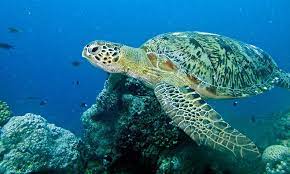Endangered Animals
Animals are being hurt because of our actions. Learn about some of these endangered animals that are in danger of being extinct.
African Forest Elephants
African forest elephants live in dense tropical forests in West and Central Africa. They feed on leaves, grasses, seeds, fruit, and tree bark. Since the species rely on wood for their habitat and food, cutting down trees and deforestation had been threatening to the elephants.
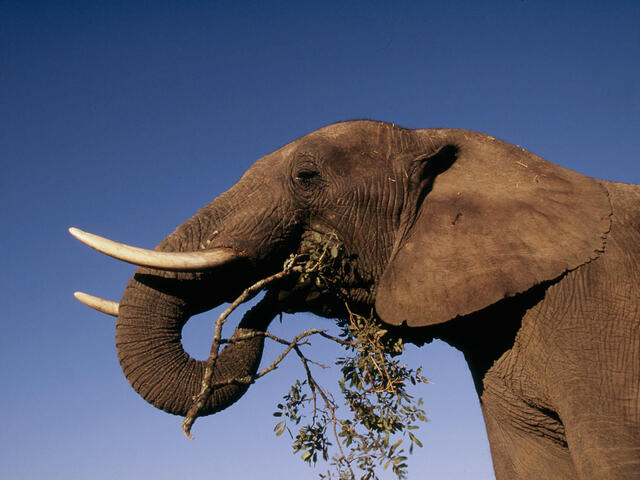
Amur Leopards
Amur leopards live in temperate, broadleaf, and mixed forests, and they feed on deer, boar, and rodents. They are endangered mainly because of poaching and habitat loss.
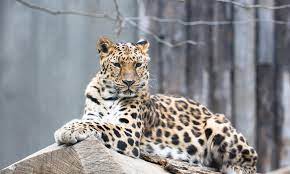
Black Rhinos
Black rhinos live in the semi-desert savannah, woodlands, forests, and wetlands. They are about to go extinct because of the rising demand for rhino horns from some Asian customers.

Bornean Orangutan
Bornean orangutans live in lowland rainforests and tropical, swamp, and mountain forests, and they feed on fruit, bark, and insects. Deforestation and hunting are mostly affecting them and they are critically endangered.
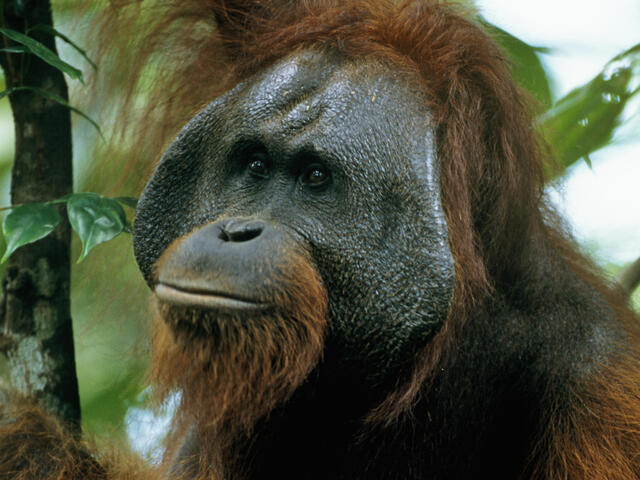
Blue Whales
Blue whales live in the ocean and feed on krill and other shrimp. Plastic floating around the ocean is threatening them because whales get tangled with the trash or eat it without noticing.
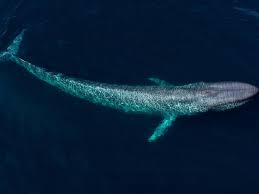
Green Turtles
Green turtles live in tropical and subtropical oceans. Overharvesting of their eggs, hunting of adults, and being caught in fishing gear are threatening and that’s why they are endangered.
African Wild Dogs
African wild dogs live in deserts, forests, and grasslands. They eat antelopes, calves, birds, and rats. They are suffering from habitat loss, poaching, and diseases.
How You Can Help
You can visit a national wildlife refuge and volunteer, or get to know about the endangered animals that live in your area. You can also recycle properly and use less plastic because trash thrown away in animals’ habitats are dangerous for them. Lastly, you also need to make sure you don’t release your pets into the wild, because invasive species sometimes prey on native species.

My name is Jasmine, and I am currently the copy editor in News Media class. I like reading, art and swimming.





















